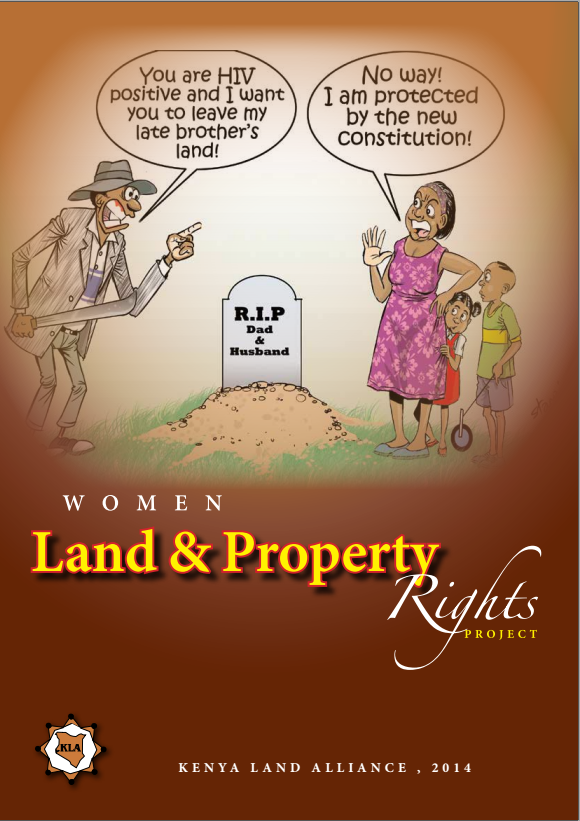USING LAND EQUITY TO PROVIDE A RETIREMENT INCOME
Many retiring farmers will need to use their land equity to provide a retirement income. Based on a present value analysis, retiring farmers may either decide to sell or lease their land. The analysis is needed because taxes, liability issues, and goals of the farmer complicate the decision. retirement, land equity, Consumer/Household Economics, Land Economics/Use,








